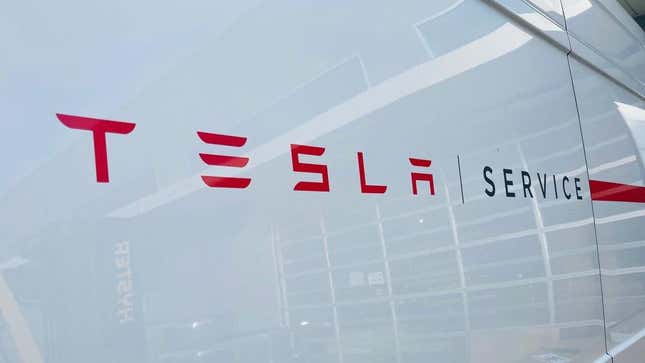
Tesla and recalls are no strangers as it seems to have one every few weeks or months due to various system glitches and malfunctions. From loose seat belts to power steering, to traction battery recalls, Tesla is no novice when it comes to fixing errors stemming from production inefficiencies or service maintenance failures.
In fact, between 2018 and February 2023, Tesla recalled more than 3.4 million vehicles, with 19 recalls occurring last year alone. This year has been on track to be no different, as Tesla confirmed just last week that it is recalling 55,000 of its Model X vehicles over a brake fluid detection issue.
Tesla CEO Elon Musk previously criticized the National Highway Traffic Safety Administration (NHTSA) for calling vehicle software updates a recall.
“The word ‘recall’ for an over-the-air software update is anachronistic and just flat wrong!” Musk wrote on Twitter in February.
The NHTSA, however, says on its website that it characterizes a recall as a vehicle, equipment, car seat, or tire that “creates an unreasonable safety risk or fails to meet minimum safety standards.”
Indeed, the NHTSA has issued at least 10 Tesla recalls over the last 12 months, including those that required an over-the-air (OTA) software update.

